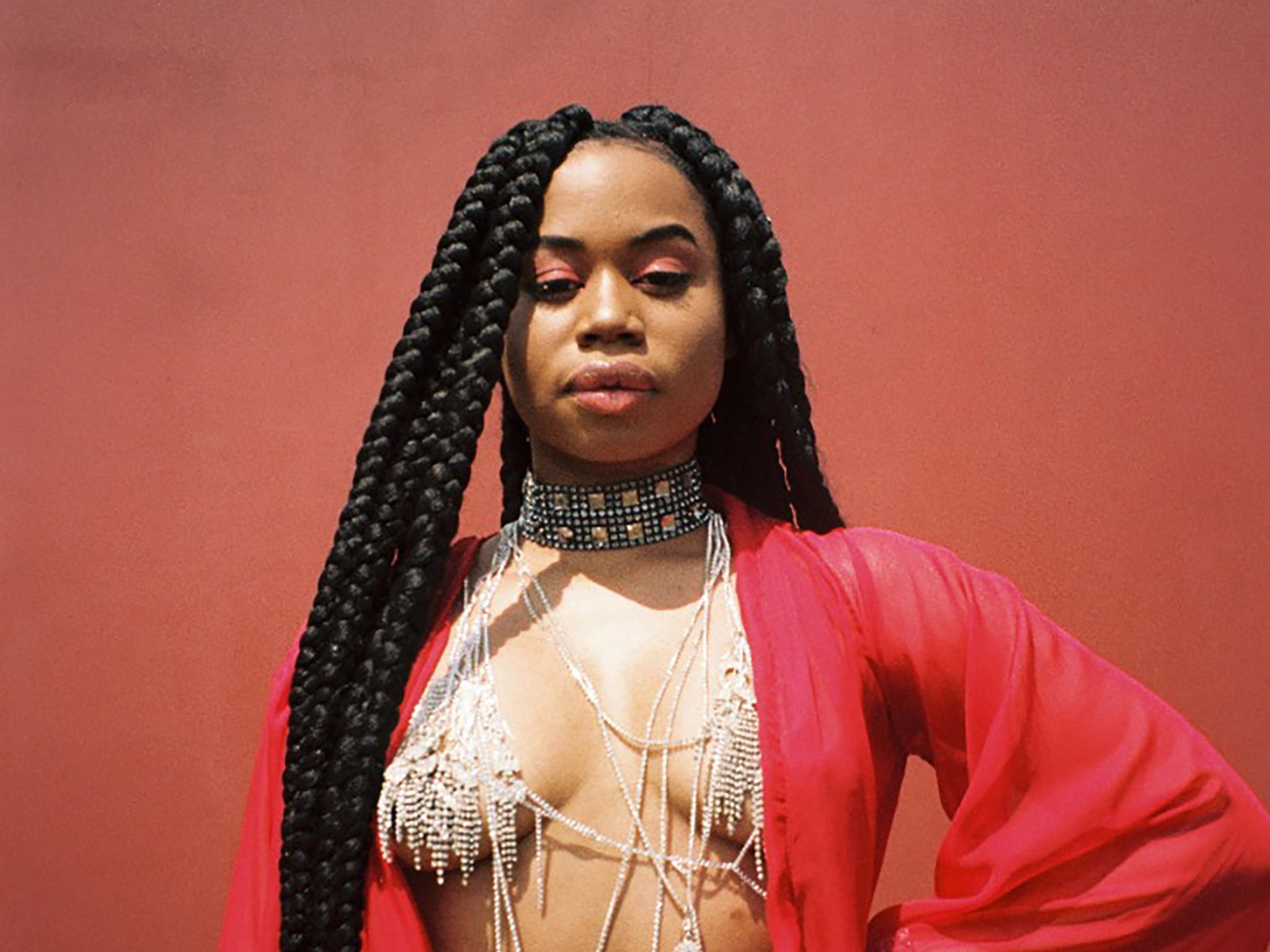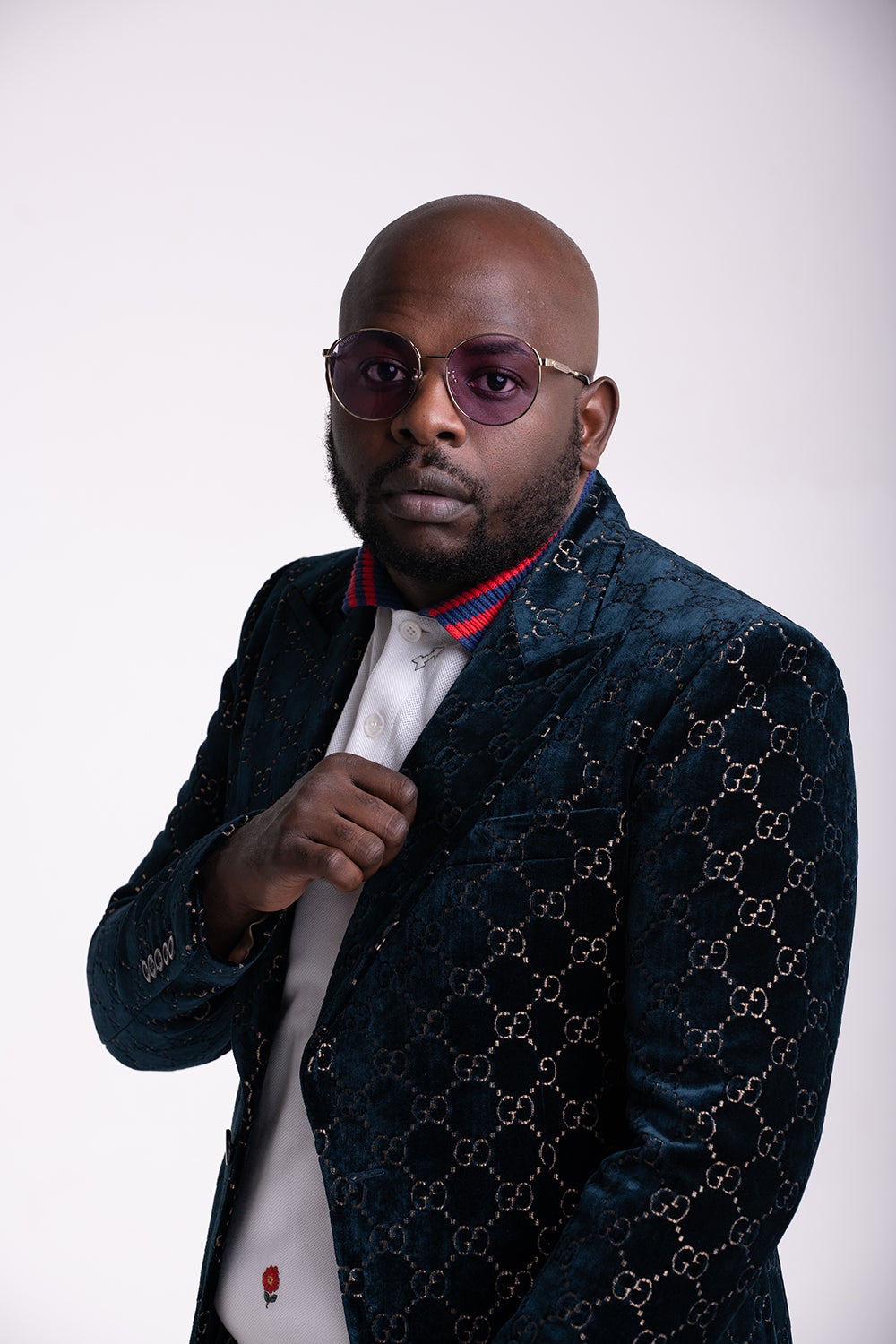It’s #AmapianoSeason: why South Africa’s house spin-off will be the sound of summer
The genre had a big 2020 but as lockdown lifts and bars open back up, amapiano’s jazzy, pulsing numbers are the perfect soundtrack for 2021’s newfound freedom, says Natty Kasambala

As the UK starts to open up again and the faint calls of bars, clubs and rooftop parties get closer and closer, it’s time to wonder aloud what the sound of our summer will be. Could it be time for another season of jazz? With festivals primed for a comeback, perhaps big, raucous indie rock will dominate. Or maybe there’ll be a second wind for some of the Afrobeats and fusion records that helped bring some sunshine to a dreary lockdown, from Wizkid and Amaarae to Grammy winner Burna Boy.
But if I was a betting woman, there’d be one clear winner: a fast-rising genre called amapiano. The Afro-infused, rhythmic house style – which sounds not unlike sub-Saharan sunshine captured in a bottle – has been bumping along South Africa’s streets and dance floors since 2018. But now it’s gone global. Last year, Barack Obama included amapiano hit “Uwrongo” by Prince Kaybee, Ami Faku, Shimza and Black Motion on his end-of-year playlist, while one of I May Destroy You’s opening scenes bursts with the booming vocals of De Mthuda’s “Shesha”, as Arabella and her friends shop in the market.
In South Africa, where amapiano originated, its stars are reaching new heights. One of the nation’s biggest voices, Busiswa, was featured in Beyoncé’s Black is King film. Prolific Pretoria rapper Focalistic has been championed by taste-making broadcasters such as Boiler Room and MTV, while swathes of amapiano producers continue to reimagine and expand the genre: most recently, Mr JazziQ, whose album Party with the English flew up the iTunes chart; Josiah De Disciple’s Spirits of Makoela Vol. 2, which came out last month; and DJ Maphorisa, who recently contributed an amapiano mix for BBC 1Xtra. The streaming figures back it up: “Amapiano Grooves” is now the most popular Spotify playlist in South Africa with more than 110,000 likes, while Apple Music and Deezer have followed suit with their own amapiano-specific playlists.
South Africa has always had strong links with electronic music. In the Nineties, black DJs slowed the tempo of American house and techno right down and sparked a distinctive new rave scene, from Cape Town to Johannesburg, which gave young black South Africans a place of identity and escapism during the apartheid regime. New styles of dance music are constantly firing from the townships across the eras, from that slow techno known as kwaito to, more recently, a shadowy techno-adjacent style from Durban called gqom.
Amapiano is a continuum of these influences and sits alongside the Afro-house sound popularised in the past 10 years by renowned DJs like Black Coffee. But there are a few notable differences. Amapiano leans into South Africa’s jazz and classical history, with plenty of strings and smoky-sweet vocals, and is heavy on melody – its Zulu name translates as “the pianos”, which you can hear all over its tracks.
There’s a spiritual element to the genre, too. Its blend of African drum patterns and brass instruments, merged with the modern innovation of house music, creates something that feels Afro-futuristic and transportive. On producer Vigro Deep’s latest single “Slender” (featuring Focalistic, Kamo Mphela and Rams the Violinist), you can hear this elemental balance at its best.
In a world that is increasingly genreless, there’s something refreshing about artists proudly labelling themselves amapiano and inspiring a staunch following and heated debates on social media. Hardcore disciples of the genre have been christened “yano heads”, while viral dance moves and challenges have catapulted the genre on social-media platforms such as TikTok and Instagram and birthed influencer-entertainers such as Uncle Vinny and Paballo Magoro. But that doesn’t mean that the genre – whose exact origins are contested – is restrictive in its scope. Already, amapiano has different styles, making it an incredibly versatile genre – just like Afrobeats or R&B.
One faction of its artists – Samthing Soweto, JazziDisciples, Ami Faku, Mas Musiq – tends towards jazz to create sweetly soulful, laid-back serenades. Other takes on amapiano are far more thumping and club-ready. Engineers of this latter interpretation include De Mthuda, Kwiish SA and the aforementioned Vigro Deep. His latest album, Baby Boy 4, pushes amapiano in new directions, too: the track “Take It Slow”, featuring Zimbabwean vocalist Sha Sha, brings in glitchy voice distortion and production that verges on rock.
A third iteration of the genre, sometimes informally known as the “private school” sector, as upheld by producers such as Kelvin Momo and Musa Keys, is a lightly sparkling contingent of amapiano that fans joke is for grown ups. It’s more minimal with vocals, heavier on the jazz solos (cue lots of saxophone) and has a more weightless feel than its grittier counterparts. In the comments on its videos, fans have been known to compliment its supposed classiness by likening the sound to retail chain Woolworths – which is pretty much the South African equivalent of saying a genre is Marks & Spencer or Waitrose music.
As much as its mutual production elements set its substyles apart, what ties amapiano together is its shared epicurean culture: whatever your idea of a good time is, amapiano has a song that will suit it. Its aim is to uplift. Amapiano was birthed out of raw hustle and ambition by artists who proudly claim their hood roots, and the genre is a celebration of the possibilities beyond that. In a documentary on the genre called SHAYA!, producer Mr JazziQ cites amapiano as providing an alternative lifestyle for those who otherwise might have turned to more dangerous means to get by. For those who speak the language, there are messages of youth, love, partying and Gatsby-sized decadence. And for those who don’t, the feelings transcend through the sprawling, carefree nature of the music.

Last year was something of a breakthrough for amapiano, despite the pandemic. A handful of tracks such as “Lorch” by Kabza De Small and DJ Maphorisa and “Labantwana Ama Uber” by Semi Tee became nationwide hits in South Africa. It quickly filtered out via WhatsApp forwards, YouTube streams and pirated downloads towards West Africa, where the pop sound known as Afrobeats reigns king, and to the Western world via the wider African diaspora. And it has essentially become a bridge between the two biggest African music markets on the continent, which had up until then existed within their own vacuums.
Collaborations between West and South began to crop up slowly as Afrobeats producers tried their hand at splicing the two styles together. Nigerian DJ Neptune breathed new life into Joeboy’s Afropop anthem “Nobody” by reworking it into an amapiano-infused club banger. Nigerian rapper Chinko Ekun’s sprinkled elements of the genre – signature keys and bass – into his latest single “Jafafa”. And the three biggest names in Afrobeats have co-signed the sound: Davido just jumped on a remix of breakout SA hit “Ke Star” by Focalistic and amapiano staple Vigro Deep. And Burna Boy and Wizkid were featured artists on the Kabza De-Small-produced single “Sponono’’ in June last year. It was a statement that the genre is not just creating something in its own separate lane – it has the ability to disrupt the mainstream too.
In the UK, amapiano is starting to take off as the African diaspora continues to impact and shape British pop culture and as African sounds are more in demand than ever before.
British-Ghanaian producer and DJ Juls, whose debut album is out in July, paid tribute to the genre with his own interpretation on singles “Mandela Riddim” and “Soweto Blues”, after an exploratory trip to South Africa in early 2020. Emerging London-based artist Midas the Jagaban, meanwhile, enlisted Limpopo rapper Sho Madjozi for single “Paigons”, which collides amapiano inspirations with an energised afrobashment sound. And there are radio shows dedicated entirely to the genre across the community and youth radio stations such as Reprezent Radio, No Signal Radio and The Beat London.
In 2020, we were stuck indoors, unable to enjoy amapiano as it was intended: outdoors in the sun with a mojito in hand. Summer 2021, then – our very own Roaring Twenties, no less – could be when it dominates. Look out for two of the biggest potential crossover tracks, which are making waves in South Africa right now: “John Wick” by big hitter De Mthuda featuring Sir Trill and Da Muziqal Chef is a full-bodied, gritty track that shouts out the fictional action character played by Keanu Reeves, alongside a hustler lifestyle. “Percy Tau”, from Kamo Mphela’s recently-released EP Nkulunkulu, pays tribute to the South African footballer playing Brighton & Hove Albion in the Premier League – the song could well be a South African answer to “Thiago Silva”.
No doubt you’ll be able to hear these tracks and others blasting from cars at traffic lights, reverberating out of dusty club sound systems and emanating from tinny Bluetooth speakers in the parks. If it ever stops raining, that is.



Join our commenting forum
Join thought-provoking conversations, follow other Independent readers and see their replies
Comments